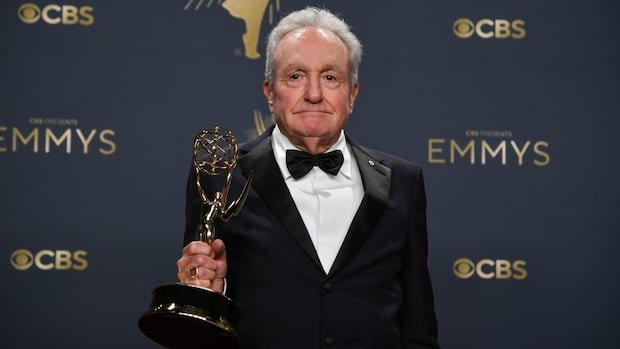On September 22, 1975, Sara Jane Moore, aged 45, left her son at his San Francisco school, purchased a .38-calibre pistol from a private gun dealer, and, as she later described to the Los Angeles Times, engaged in what she called “a sort of ultimate protest against the system” by attempting to shoot then-President Gerald Ford outside a hotel later that day. Despite her history of mental health issues and involvement with radical left-wing groups, Moore failed to hit her target in two separate attempts.
Interestingly, Moore was not the only woman to try to assassinate the president that month. Lynette (Squeaky) Fromme, a former follower of the infamous cult leader Charles Manson, had also made an attempt on Ford’s life 17 days earlier in Sacramento, California, before being stopped by a Secret Service agent.
Moore, whose death at 95 was recently reported, maintained that she was not influenced by Fromme. She pleaded guilty to the assassination attempt, while Fromme, similar to Ryan Routh, who was convicted this week for attempting to assassinate Donald Trump, proved to be a challenging defendant. Both women served lengthy prison sentences before being released in the late 2000s.
On October 25, 1975, a new late-night comedy show on NBC aired its third episode. The show, produced by Lorne Michaels, featured a sketch with Laraine Newman portraying Fromme on a talk show called “Dangerous But Inept,” where she criticized the interviewer, played by Jane Curtin, as a “fawning fascist sycophant.” The sketch concluded with a teaser for the next episode featuring Moore.
As Saturday Night Live (SNL) kicks off its 51st season on October 4, the late-night TV landscape has drastically evolved since its early days. Recent developments include the impending end of Stephen Colbert’s show on CBS, as well as Jimmy Kimmel’s temporary suspension following controversial comments made on his ABC program after the death of Charlie Kirk.
Ford, known for his good-natured response to jokes, was famously parodied on SNL, especially by Chevy Chase. Despite initial challenges, Ford eventually embraced the humor directed at him, fostering a positive relationship with the show.
The portrayal of presidential candidates on SNL has continued over the years, often reflecting changing political dynamics and media landscapes. The show has faced criticism and praise for its handling of political satire, with notable figures like Trump expressing both admiration and discontent over SNL’s content.
As SNL navigates through the complexities of modern politics and societal sensitivities, the show’s ability to address national tragedies and political events remains a key aspect of its impact on popular culture.
